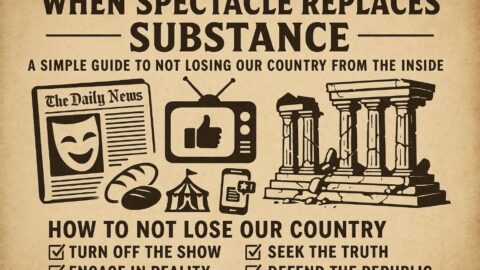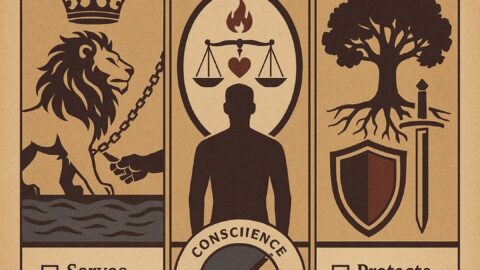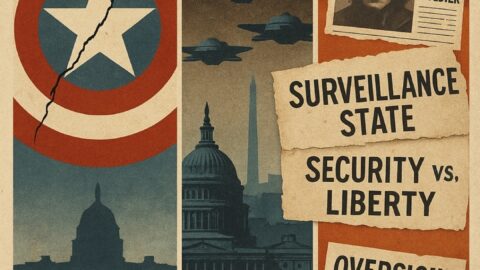“Education perverts the mind since we are directly opposing the natural development of our mind by obtaining ideas first and observations last. This is why so few men of learning have such sound common sense as is quite common among the illiterate.” – Arthur Schopenhauer
Arthur Schopenhauer’s quote critiques the way formal education can distort natural intelligence and common sense. He argues that education imposes ideas before direct experience, reversing the natural order of learning and, in turn, producing individuals who lack practical wisdom. Let’s break it down in detail:
Education Perverts the Mind
- Schopenhauer suggests that formal education forces individuals to adopt secondhand knowledge before they’ve had a chance to form their own conclusions from real-world experience.
- This is theoretical learning before practical understanding, which leads to a disconnect between knowledge and reality.
- Essentially, he is saying that rote learning or absorbing information without experiencing it firsthand creates a distorted worldview.
Natural Development vs. Forced Education
- In a natural learning process, a person observes the world, experiences things firsthand, and then forms concepts based on those experiences.
- Education, however, reverses this order by providing pre-packaged ideas and theories first, then expecting students to apply them—without necessarily understanding their real-world significance.
- This can lead to memorization without comprehension and knowledge without wisdom.
Example:
- Imagine teaching a child about fire only through books and theories, without ever allowing them to see or interact with fire.
- They might understand the scientific concept but lack an intuitive grasp of fire’s danger or utility.
- The child who learns through observation and experience will develop a much deeper understanding than the child who only reads about it.
The Problem with “Men of Learning”
- Schopenhauer claims that many highly educated people lack common sense—a trait that is more commonly found among the illiterate.
- This is because the illiterate person learns from life directly, while the educated person may be trapped in abstract theories that don’t necessarily translate into practical wisdom.
- Educated individuals often overcomplicate problems, rely too much on theoretical frameworks, or fail to apply their knowledge in the real world.
Example:
- A self-taught mechanic who has worked on cars his whole life might be far better at diagnosing a problem than an engineer with a PhD who only studied automotive theory in a classroom.
- The mechanic has direct, hands-on experience, while the academic has learned primarily from books and formulas.
- The engineer may know the science behind an engine, but lacks the intuitive, experience-based knowledge to diagnose a real-world issue quickly.
The Consequences of This Educational System
- Loss of Critical Thinking: When people accept ideas before experiencing them, they are less likely to question or challenge what they are taught.
- Blind Acceptance of Authority: Those trained in this way tend to believe experts, textbooks, or institutions without verifying the information themselves.
- Alienation from Reality: A person trained in theory-first education may become disconnected from the real world, relying on abstract concepts rather than firsthand understanding.
A Modern Perspective
- Schopenhauer’s critique is even more relevant today, where formal education often emphasizes standardized testing, memorization, and credentials over practical ability and common sense.
- In contrast, self-taught individuals, entrepreneurs, and tradespeople often thrive because they learn through direct experience and adaptability.
- The best approach is likely a balance—combining structured education with real-world observation and experience.
Final Thoughts
Schopenhauer’s insight serves as a warning: education should not replace direct experience but complement it.
- A person who only relies on books and theories risks becoming disconnected from reality.
- A person who only learns through experience may lack broader theoretical knowledge.
- The ideal approach is to synthesize both—learning through observation, testing ideas against reality, and thinking critically rather than simply accepting what is taught.
This idea aligns with classical skepticism, critical thinking, and the Socratic method—learning through questioning and direct engagement with the world.






